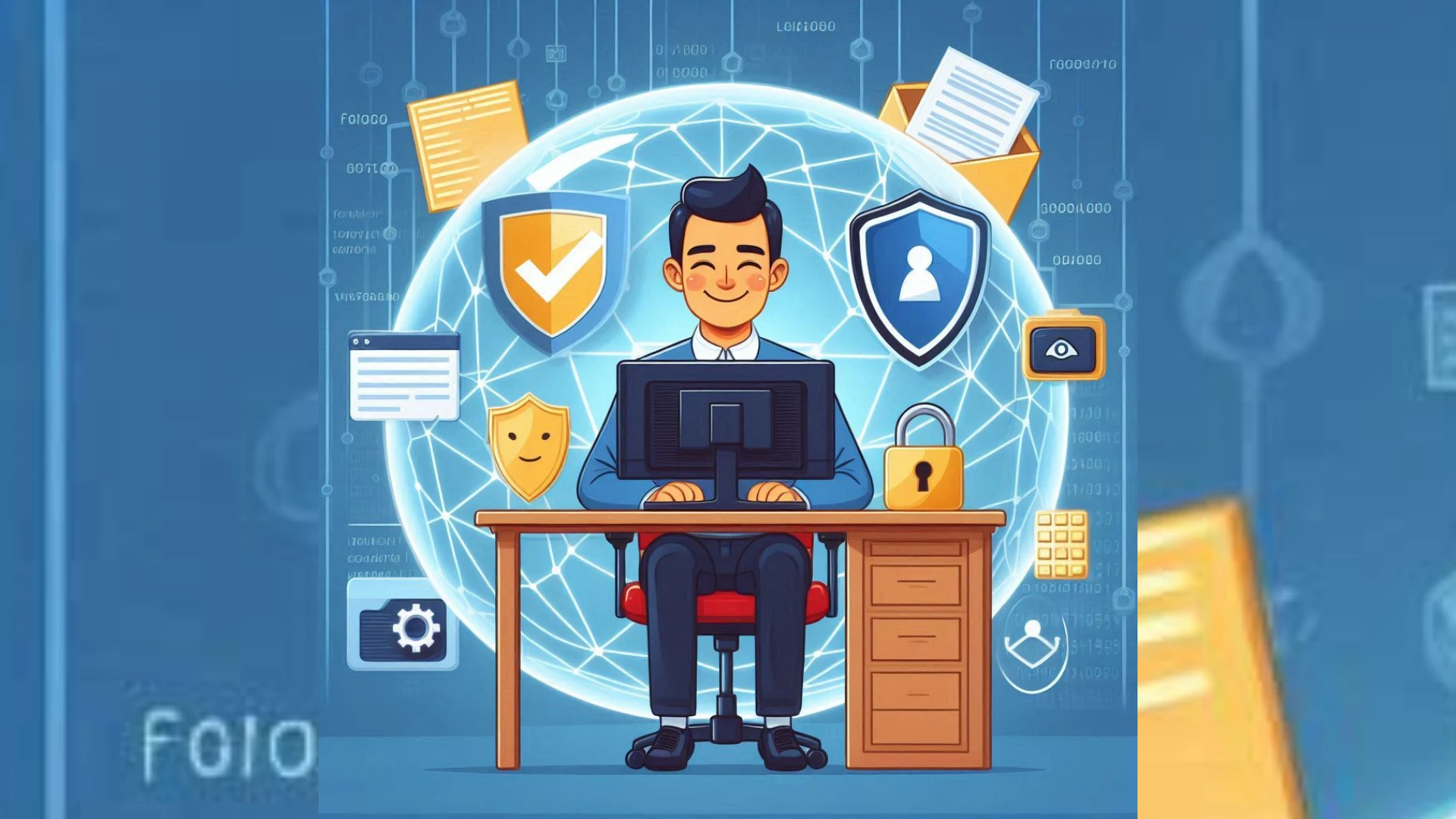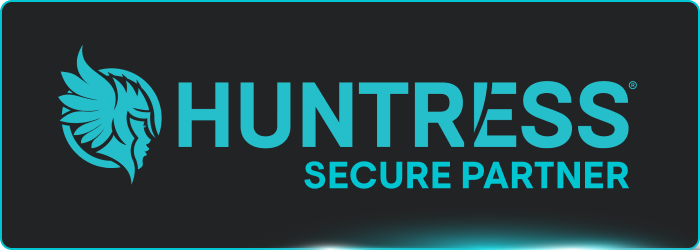How to Protect Yourself Online?
In today’s digital age, online security is more important than ever. With increasing threats like hacking, phishing, and identity theft, it's crucial to adopt best practices for safe internet usage. Here’s a guide to help you navigate the online world securely.
1. Create Strong, Unique Passwords
One of the simplest yet most effective ways to protect your accounts is by using strong and unique passwords. Combine uppercase and lowercase letters, numbers, and special characters. Avoid using easily guessable information like birthdays or names. Consider using a password manager to generate and store complex passwords for each account, ensuring you never reuse them.
2. Enable Two-Factor Authentication (2FA)
Adding a second layer of security to your accounts is essential. Two-factor authentication requires not only your password but also a second form of verification, such as a code sent to your phone or generated by an authentication app. This extra step significantly reduces the risk of unauthorized access.
3. Keep Software Updated
Regularly updating your operating system, applications, and web browsers is vital. Software updates often include security patches that protect against vulnerabilities. Enable automatic updates to ensure you’re always running the latest versions and have the most current security measures in place.
4. Be Cautious of Phishing Attempts
Phishing attacks can come in many forms, from emails to texts pretending to be from trusted sources. Always verify the source before clicking on links or downloading attachments. Look for signs of phishing, such as poor grammar, unfamiliar sender addresses, or urgent requests for personal information.
5. Use Secure Connections
When browsing the internet, always look for HTTPS in the URL, which indicates a secure connection. This encrypts the data exchanged between you and the website, protecting your information from eavesdroppers. Avoid using public Wi-Fi for sensitive activities, and if necessary, use a VPN to secure your connection.
6. Install and Use Antivirus Software
Antivirus and antimalware programs are essential for protecting your devices from malicious software. Ensure that your antivirus software is up to date and run regular scans to detect and eliminate threats before they cause harm.
7. Utilize a VPN
Using a Virtual Private Network (VPN) masks your IP address and encrypts your internet traffic, providing an extra layer of privacy when browsing online. This is especially useful when accessing public networks, where data can be intercepted.
8. Limit Data Sharing and Review Privacy Settings
Be mindful of the personal information you share online, especially on social media. Review privacy settings for your accounts and limit the visibility of your data to trusted contacts only. Be cautious of app permissions and avoid granting unnecessary access to your information.
9. Regularly Back Up Important Data
Backing up your data is crucial in case of cyberattacks like ransomware. Regularly save copies of important files on an external hard drive or a secure cloud service to ensure you can recover your data if needed.
10. Download Software Wisely
Only download software from official sources. Avoid pirated software or unknown websites, as these often harbor malware that can compromise your security.
11. Be Wary of Browser Extensions
While browser extensions can enhance your browsing experience, some can also pose security risks. Limit the number of extensions you use and only install those from reputable developers.
Conclusion
By following these essential tips, you can significantly improve your online security and protect your personal information. In an era where cyber threats are on the rise, staying informed and vigilant is your best defense against potential attacks. Remember, a secure internet user is a savvy internet user!


